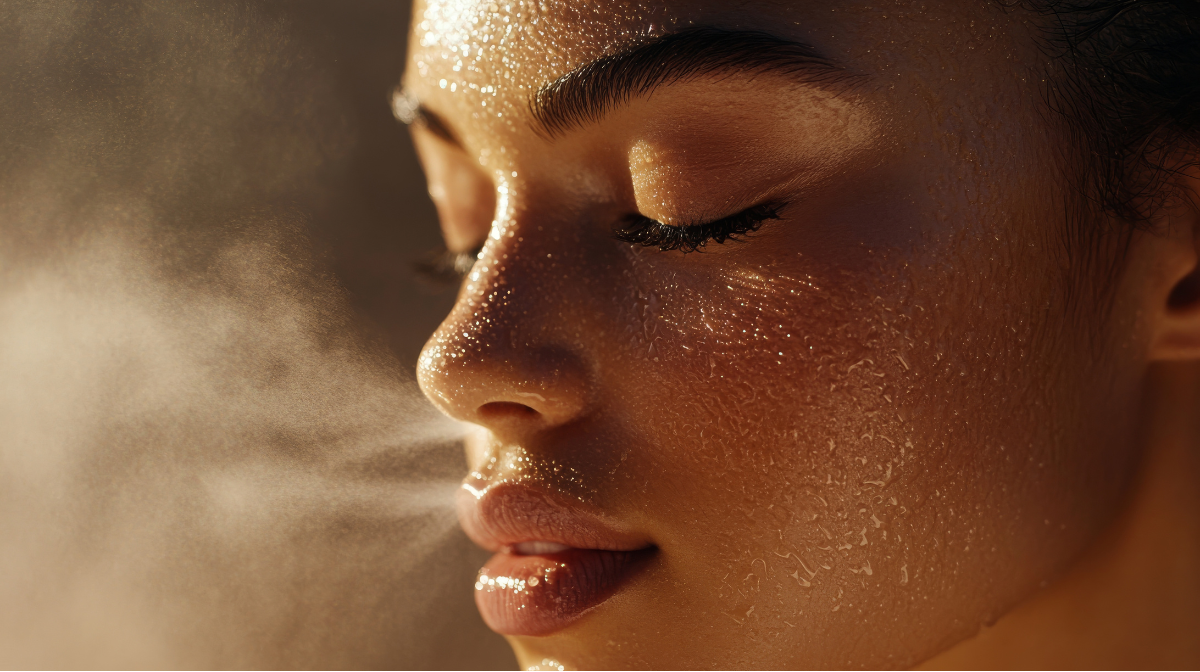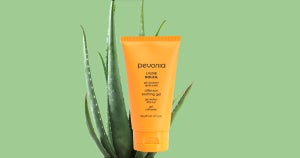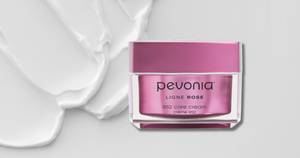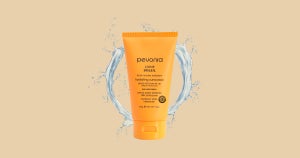
You’ve probably seen beauty fridges trending on social media – but are they really necessary?
Most formulas do just fine on a bathroom shelf or vanity, but more and more people are choosing to chill them. While that might make some blends feel extra soothing, others can actually lose effectiveness.
We’ve explained what skincare products should be refrigerated, and which are best kept at room temperature, so you can get the most out of your routine.
Which Skincare Products Should Be Refrigerated?
Most products don’t require refrigeration to remain effective.
For many formulas, cool storage offers no additional benefit, and in some cases, it may even reduce efficacy. That said, they may offer a cooling, refreshing sensation upon application.
So, if you’re wondering what skincare to keep in the fridge, common examples include:
Eye creams, masks, and serums
Face serums, toners and sprays
Sheet masks
Moisturizers
Skincare tools (like gua shas or rollers)
Applied chilled, these products could create a spa-like, invigorating experience that helps you feel rejuvenated, especially at the start of the day.
However, it’s also important to look at the ingredients inside rather than just the product category as a whole.
What Skincare Ingredients Should Be Refrigerated?
While most products are perfectly fine at room temperature, certain formulas may be more sensitive to their environment.
Factors like light, heat, and even pH may influence how some blends are best kept.
Here are a few key ingredients and how they should be stored. While these are general recommendations, it’s always important to follow the specific storage instructions provided with your products.
Does Retinol Need to Be Refrigerated?
Retinol is thought to be sensitive to light and heat, which is why it often arrives in opaque packaging.
Some choose to refrigerate retinol, though it isn’t always necessary. Simply storing it in a dark place at room temperature is likely to maintain its efficacy.
Does Hyaluronic Acid Need to Be Refrigerated?
Some forms of hyaluronic acid are prone to thermal deregulation, meaning it could lose potency and efficacy when exposed to heat.
While refrigeration isn’t essential, research supports that cooler, balanced conditions could be best for this active.
Should Vitamin C Be Refrigerated?
While vitamin C is loved for its radiance-enhancing qualities, it’s known to be a delicate formulation. When exposed to light and air, it can oxidize and turn yellow - a sign it’s losing potency. That’s why some people choose to store their vitamin C products in the fridge, though keeping them in a cool, dark place at room temperature is usually enough.
It is also a common ingredient in eye creams and masks, which many like to chill for a refreshing, awakening effect.
Should Niacinamide Be Refrigerated?
Niacinamide is generally considered a stable ingredient, so there are no specific storage recommendations.
Most people keep it in a cabinet, drawer, or on a shelf away from direct sunlight and heat.
Can You Put Sunscreen in the Fridge?
You can store your sunscreen in the fridge if you prefer a cooler feel, but it’s not essential.
Keeping it chilled won’t make it more effective, though it could feel refreshing on hot days.
So, what skincare products should be refrigerated? In general, keeping your products in a cool, dark place at room temperature is more than enough to preserve their potency and performance.
That said, refrigerating certain products, like gels, eye creams, or mists, could offer a soothing, spa-like experience.
Looking to elevate your routine even further? Discover how to get glass skin with our glow-giving guide.

Related Articles








